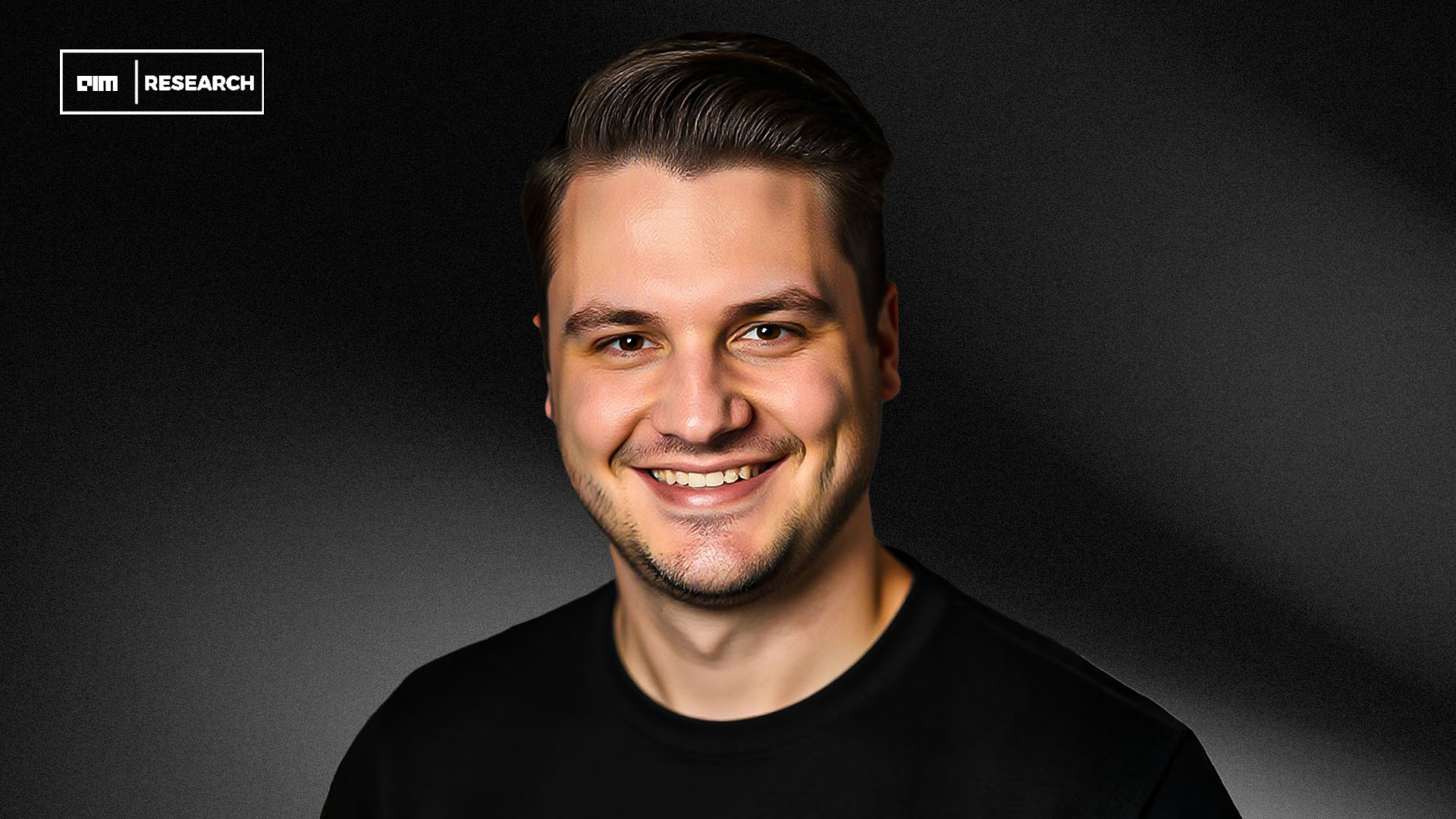

Securing $4 million in Seed funding, Acai Travel is on a mission to reshape the travel industry’s future with AI-driven operations. Led by Nauta Capital, with backing from DraperB1 and One Travel Ventures, this Spanish tech startup aims to solve the post-pandemic challenges plaguing travel agencies, including inefficiencies, staffing shortages, and rising customer demands. With its eyes set on modernizing outdated systems and helping travel companies scale sustainably, Acai Travel’s approach promises to be a game-changer.
Acai Travel’s founders, Riccardo Vittoria and Henry Chen Weinstein, are no strangers to the world of travel tech and AI. Following their collaboration on 30SecondsToFly—a startup acquired by American Express Global Business Travel—the two launched Acai Travel in 2023 with headquarters in New York and Barcelona. Their vision: an AI-powered platform that transforms how travel agents work, making it easier for them to handle complex customer inquiries, streamline workflows, and deliver seamless service. Their past experience with giants like Boeing and Lufthansa adds an unmatched depth of expertise, driving their current push for change in travel operations.
“Acai is using AI to modernize travel operations with fast and easy-to-use tools so agents can focus on what they do best—delivering exceptional travel experiences,” says Vittoria. “Raising this Seed round from investors who truly understand the industry challenges is a huge milestone.”
The travel industry has been particularly hard-hit post-COVID, struggling to keep up with surging demand amid a severe shortage of trained agents. Old, manual systems persist, and even seasoned agents find themselves juggling complex inventory distribution, heightened customer expectations, and unfamiliar digital tools. Enter Acai Travel, with a solution that promises to slash inefficiencies and close the skills gap with cutting-edge AI features. The platform’s Intelligent Routing pairs travelers with the best-suited agents, while GDS Overlay demystifies technical fare rules, and AI Helpers streamline policy inquiries—all reducing average handling times by 20% in initial implementations.
“We reduced average handling time by 20% for one of our clients in just four months. As we roll out the full product suite, we expect to cut operational costs by as much as 70%,” shares Weinstein, Acai’s co-founder and Executive Chairman.
With Acai’s solutions, companies can now employ agents from low-cost regions, translating inquiries in real-time and bypassing the need for specialized GDS training. This system allows for a more flexible, cost-effective workforce without compromising service quality—perfect for today’s travel giants, including clients like Kiwi.com, lastminute.com, and World Travel Inc.
Travel agents currently manage over half of all travel bookings, yet their workloads have only intensified. Vittoria and Weinstein recognized that despite rapid advancements in travel tech, agents were still bogged down by outdated tools and manual processes. Their AI platform reimagines the experience for agents and travelers alike, building in the automation required to meet modern demands and boost customer satisfaction.
This funding will drive Acai’s plans to expand its services across Europe and North America, strengthen its product lineup with even more automation, and scale its team with experts in travel operations and digital product development. Additionally, the platform’s data insights empower companies to understand their customers better, identify pain points, and optimize services based on behavioral analytics—a tool that’s invaluable in a competitive, ever-changing industry.
Reflecting on the partnership, Jordi Viñas, General Partner at Nauta, commented, “COVID-19 restrictions left the industry grappling with efficiency and profitability. Acai Travel’s use of AI and deep sector knowledge enables companies to bridge the gap, reduce handling times, and build a skilled yet flexible workforce. We’re excited to see the impact this founding team will make on travel operations over the long term.”
📣 Want to advertise in AIM Research? Book here >
Cypher 2024
21-22 Nov 2024, Santa Clara Convention Center, CA
A Vendor Briefing is a research tool for our industry analysts, and an opportunity for a vendor to present its products, services and business strategies to analysts who cover the vendor specifically or a related technology or market.
AIM Research encourages technology vendors and agencies to brief our team for PeMa Quadrants, when introducing a new product, changing a business model, or forming a partnership, merger, or acquisition.


